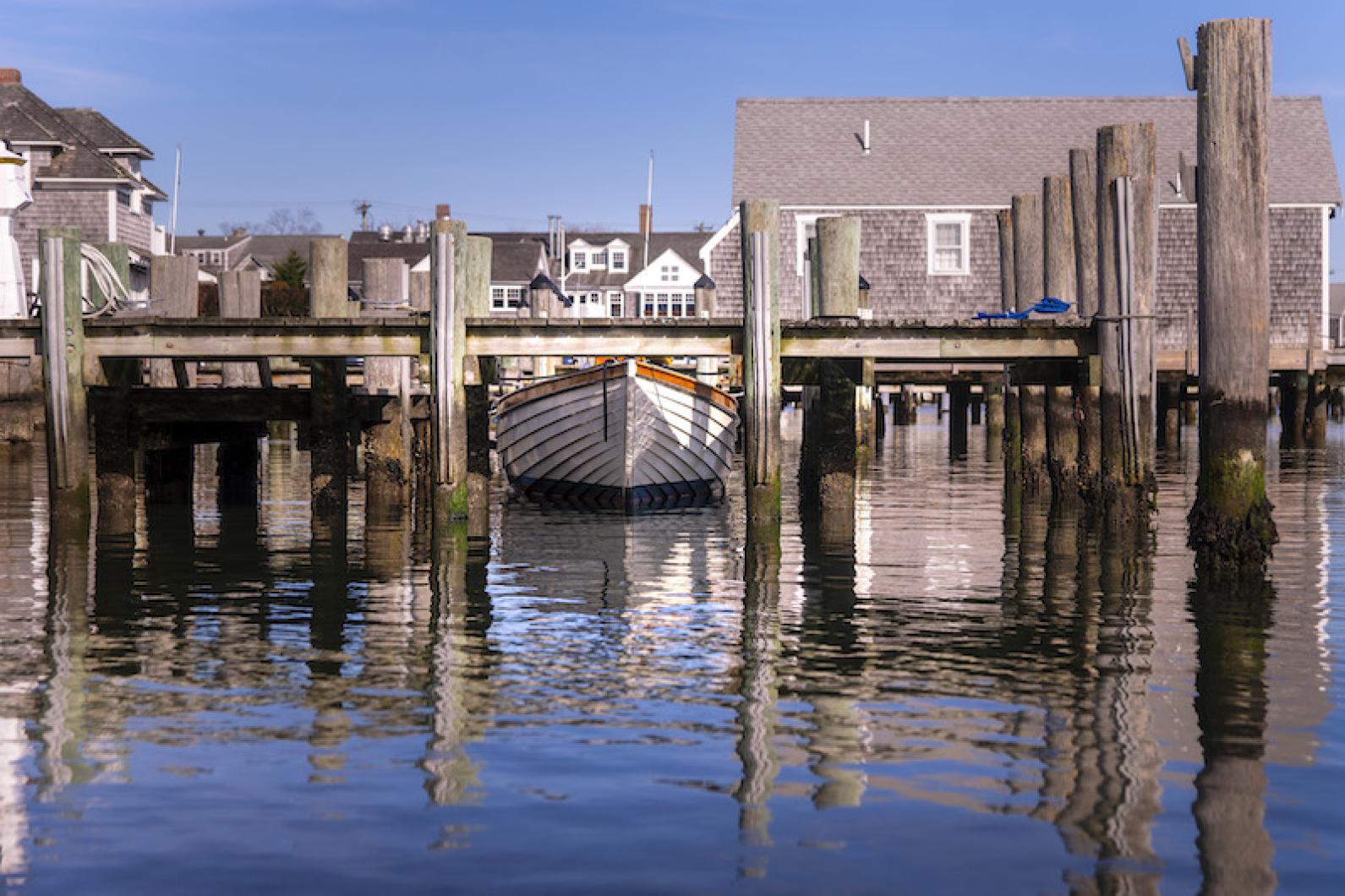The critical need for affordable housing on Martha’s Vineyard is by now beyond dispute. But how to solve this pressing problem needs all the careful consideration and collective good faith the Island can muster.
Over the next two months, before warrants for annual town meetings are closed, the coalition backing the housing bank has an opportunity to carefully examine and fine tune a proposed article to be put before voters. The proposal would fund an Islandwide housing bank by placing a two per cent transfer fee on certain property sales, with the proceeds to be used to create and support affordable housing.
Select boards in Aquinnah, Chilmark and Tisbury have agreed to put the housing bank article on their town meeting warrants, but three others — Edgartown, West Tisbury and Oak Bluffs — postponed consideration after Edgartown attorney Ron Rappaport, town counsel to all three towns, provided an analysis raising several issues with the draft. These include key differences between the housing bank proposal and the land bank, after which it was modeled.
Approval of the housing bank by Island voters would just be the first step in a process that would eventually require an act of the state legislature. But the act would be based on whatever is approved at town meeting, so it is important to get it right now.
When it comes to legislating solutions to the thorny housing problems in a lucrative, free-wheeling real estate market, already there are lessons being learned. Case in point was last week when the Martha’s Vineyard Commission suddenly found itself in a hostile standoff with a defiant Oak Bluffs landlord. Adam Cummings was granted approval by the MVC in 2018 to redevelop the top three floors of the Lampost building on lower Circuit avenue into apartments. All were expressly designated as work force housing, or housing for year-round Islanders. Now it has come to light that Mr. Cummings has been renting the apartments as expensive short-term summer rentals on Airbnb. The conflict remains unresolved and could be headed to court.
The Vineyard is at a critical moment, with land values soaring and new development pressures threatening its fragile infrastructure. If it was ever possible to separate the many issues facing the Island, that luxury is long gone. Climate change, pond health, wastewater disposal, energy use, housing needs and economic survival are all part and parcel of a thing called “carrying capacity,” that is, what a small Island off the coast of Massachusetts can reasonably sustain.
Every decision that is made affects every other, and sadly, we must make sure that in solving a major problem we don’t leave open loopholes that can be exploited.







Comments (1)
Comments
Comment policy »